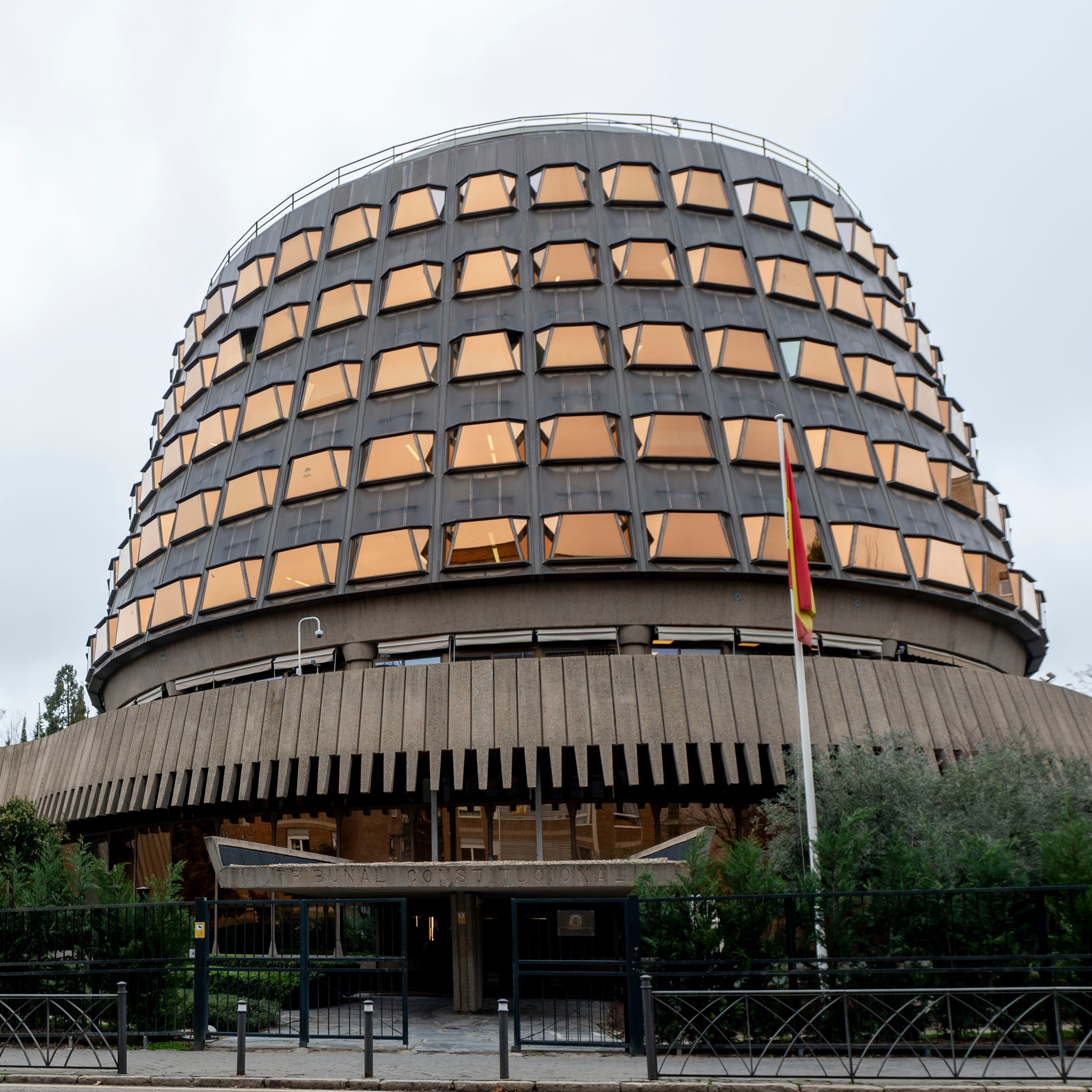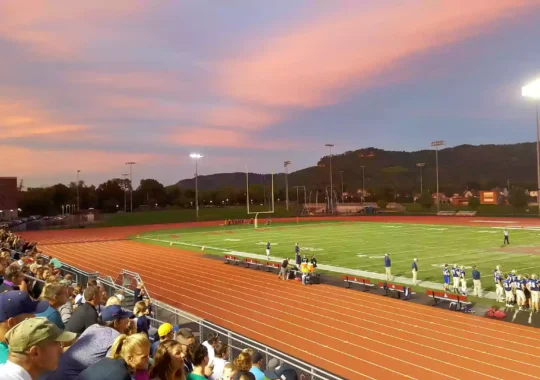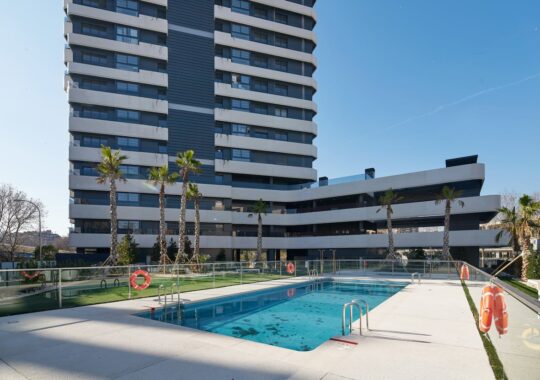
He Constitutional Court will continue analyzing in its plenary session this week the challenges presented against three of its magistrates. After rejecting the one that questioned the impartiality of the president of the court, Cándido Conde-Pumpido, the guarantee body will also reject the challenge directed against magistrate Laura Díez, based on the position she previously held as general director of Constitutional Affairs and Legal Coordination in the Ministry of the Presidency. It will be pending for the next plenary session, at the beginning of November, that corresponding to magistrate José María Macías, filed by the State Attorney’s Office.
In its decision on Laura Díez, the court will apply the doctrine established in its latest resolutions on the matter, in force since 2021, which indicates that the track record of the magistrates does not have to question their appearance of impartiality. In the case of Laura Díez ―belonging to the progressive sector of the Constitutional Court― it will be taken into account that she had no participation in the drafting of the amnesty law in her previous position in La Moncloa. On the other hand, there is no evidence that said magistrate made statements or issued judgments in relation to the constitutional fit of said norm, now questioned by the Supreme Court and by the PP and the autonomous communities in which it governs. The appeals of eight of these communities against the amnesty law also included as many challenges against Conde-Pumpido, which will be rejected in this plenary session applying the previous resolution against the president of the court, corresponding to the PP challenge.
Once her challenge is rejected, Laura Díez will be able to return to the plenary session to take part in all the deliberations that refer to the challenges presented against the amnesty law. Cándido Conde-PumpidoIn turn, he may preside over the debate on the case of said judge, since the challenge directed against him had been rejected in the previous plenary session. The discussion about the president of the court was chaired by its vice president, Judge Inmaculada Montalbán. Judge Macías, in turn, will not attend the deliberation on Laura Díez, as it was agreed in a previous plenary session that until a decision was made on their respective cases, the challenged would not participate in the discussions that would be recorded on the initiatives presented. to separate them from the sentences passed on the amnesty law.
Macías’ recusal, according to court sources, will also be rejected in the first instance by the court, considering that the State Attorney’s Office was hasty in requesting that he be removed from the debates on the PP’s appeal against the amnesty law when it is challenge had not even been admitted for processing. At the next plenary session, in November, said initiative will therefore be deemed inadmissible until the PP’s appeal has been admitted for processing. Once Macías’ challenge is rejected, the Constitutional Court will accept the PP’s appeal against that law for processing. Macías is the speaker and will therefore be able to defend his proposed resolution, in favor of the PP’s challenge becoming part of the matters being studied in the court. In all probability, the State Attorney’s Office will then insist, once the procedure related to the PP’s appeal has already begun, that Macías must be removed from the deliberations on the substance of the law, for having supported reports from the General Council of the Judiciary ( CGPJ), of which he was a member, in which it was maintained that the amnesty law is unconstitutional.




